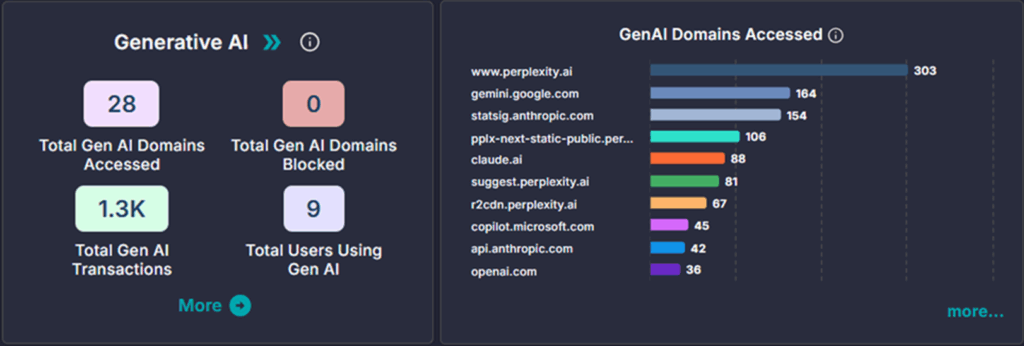Legacy VPNs lead to more instances of packet loss.
Legacy VPNs rely on encapsulating data in additional layers of headers and protocols. As a result, there is an increase in overhead and network congestion and a decrease in security. This leads to greater packet loss.
Packet loss is the failure of certain “packets” of information to reach their destination. For the remote worker, just a small amount of packet loss can cause the network protocols to reduce the bandwidth by over 95%. This can cause serious delays, data corruption, and even complete network and application failure. With a mobile workforce reliant on so many different virtual communication applications, packet loss can become quite frustrating and lead to reduced efficiency and performance issues.
Next-generation VPN solutions such as Cloudbrink work in the background to ensure proper bandwidth, improve network speed, and eliminate packet loss.
Legacy VPN hardware is not scalable.
Legacy VPN hardware wasn’t built for scalability. A sudden (or even gradual) increase in traffic and users slows down connectivity and performance. Maintenance and support for legacy VPN systems is another problem, as many vendors only provide support for a limited time period. A lapse in support or security upgrades can leave a network vulnerable to cyber-attacks and system failures. Also, replacing legacy hardware is expensive, especially if the current system isn’t compatible with new operating systems and devices.
cloud-based VPNs provide the scalability and versatility that legacy hardware can’t, but the security and application performance issues remain
Legacy VPNs aren’t optimized for cloud-based business infrastructure.
Legacy VPNs were designed for a time when everyone worked in a physical office location, but occasionally needed access to files and documents when home or traveling. Most of the VPN hardware and networks were located onsite where they could be managed and secured from a centralized location. A dedicated VPN client has to be installed on each device that is connected to the network, which is quite tedious and time-consuming for IT departments.
Now, everything’s shifted from an in-office, hardware-dependent premise to a remote-work, cloud-based infrastructure, with companies relying on cloud services such as Azure, GCP, and AWS. Virtual Desktop Infrastructure (VDI) enables the use of virtual machines to manage virtual desktops from a secure, centralized server using Zero Trust principles,
To keep up with this new cloud-based, remote-hybrid way of working, VPNs must be cloud-based as well.
Conclusion
Traditional VPNs have served their purpose but are simply no longer able to keep up with the rapid change in workforce trends. The legacy hardware is just too ill-equipped to handle a “cloud-everything” and “work-from-anywhere” environment. The new hybrid workforce requires faster speed and higher security than legacy VPNs can deliver.
The solution to this new hybrid workforce is Cloudbrink’s Hybrid-Access-as-a-Service (HAaaS) a new form of remote access technology.



